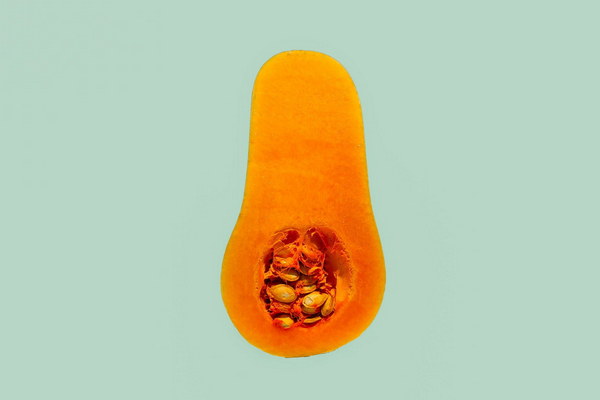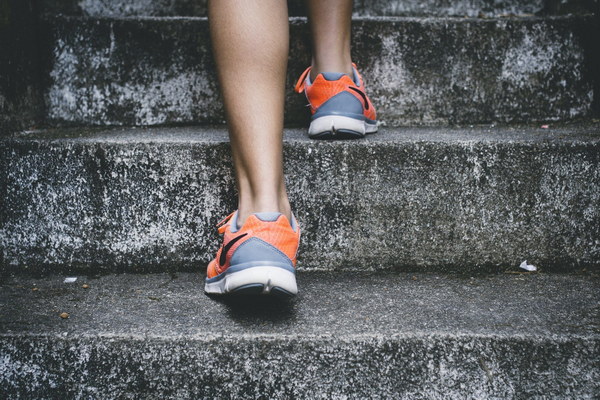Replenishing Your Body After Blood Donation The Best Practices for Recovery
After donating blood, it's essential to take proper care of your body to ensure a swift and full recovery. Blood donation is a selfless act that helps save lives, but it also requires some time and attention to help your body replenish its lost nutrients and fluids. Here are some tips on how to best replenish your body after blood donation.
1. Hydrate adequately
One of the most important aspects of recovering from blood donation is staying hydrated. When you donate blood, you lose fluids and electrolytes, so it's crucial to drink plenty of water to replenish them. Aim to drink at least eight glasses of water throughout the day, and if you're feeling thirsty, increase your intake. You can also drink water-rich beverages like herbal teas, broths, or infused water with slices of lemon, cucumber, or mint.
2. Eat a balanced meal
A balanced meal rich in nutrients is essential for replenishing your body after blood donation. Focus on consuming foods that are high in iron, protein, and vitamins. Iron is particularly important, as donating blood can lead to iron deficiency. Here's a sample meal plan to help you get started:
Breakfast:
- A bowl of oatmeal with sliced bananas, blueberries, and a tablespoon of honey
- A glass of orange juice or fortified orange juice
Lunch:
- Grilled chicken breast with a side of quinoa and steamed broccoli
- A side salad with mixed greens, cherry tomatoes, cucumbers, and a vinaigrette dressing
Dinner:
- Baked salmon with a side of roasted asparagus and quinoa
- A glass of milk or fortified plant-based milk
Snacks:
- Almonds or walnuts
- Carrot and cucumber sticks with hummus
- Greek yogurt with honey and nuts
3. Prioritize protein
Protein is essential for muscle repair and recovery. Include lean protein sources in your meals, such as chicken, turkey, fish, tofu, beans, or lentils. Aim for about 60-70 grams of protein per day, which can help you recover more quickly.
4. Rest and sleep
Your body needs time to heal and replenish after blood donation. Make sure to get plenty of rest and sleep, as both are crucial for recovery. Allow yourself to take a day off from strenuous activities and try to get between 7-9 hours of sleep per night.
5. Avoid alcohol and caffeine
Alcohol and caffeine can dehydrate your body, making it more challenging to recover from blood donation. It's best to avoid these substances for at least 24 hours after donation.
6. Stay active

While it's important to rest and recover, gentle activity can help your body circulate blood and promote healing. Engage in low-impact exercises like walking, stretching, or light yoga. However, avoid heavy lifting or intense workouts until you feel fully recovered.
7. Monitor your health
Keep an eye on any potential side effects from blood donation, such as dizziness or fainting. If you experience any unusual symptoms or concerns, consult a healthcare professional.
By following these tips, you can help your body recover quickly and efficiently after blood donation. Remember that each person's experience may vary, so listen to your body and make adjustments as needed. By taking care of yourself, you'll be back to your normal routine in no time!









